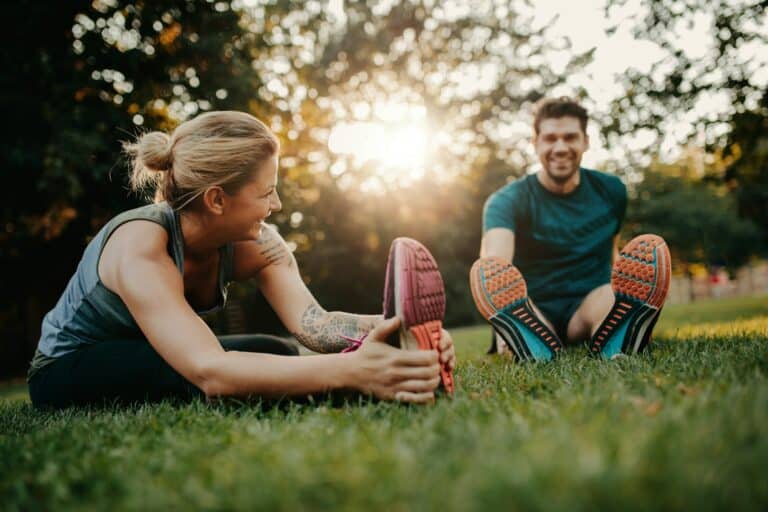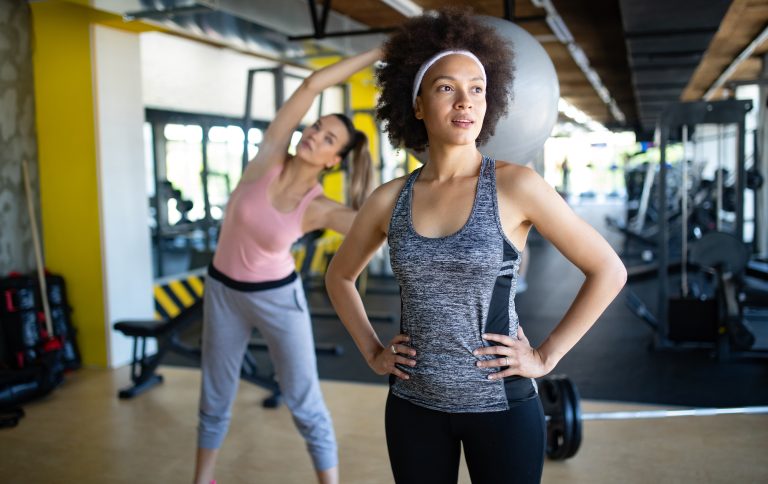 Self-image, or who we believe ourselves to be in terms of things like ability, appearance, talent and the like, is often shaped by our experiences. It is especially important for parents and caregivers to help children develop a healthy self-image. Healthy self-image may help children make better choices about drug and alcohol use as well as other types of harmful behaviors. It may also help children perform better in school. Self-image is not permanently fixed and can be improved. That’s because how we think about ourselves often changes over time. Exercise is an important way to help kids develop a positive self-image.
Self-image, or who we believe ourselves to be in terms of things like ability, appearance, talent and the like, is often shaped by our experiences. It is especially important for parents and caregivers to help children develop a healthy self-image. Healthy self-image may help children make better choices about drug and alcohol use as well as other types of harmful behaviors. It may also help children perform better in school. Self-image is not permanently fixed and can be improved. That’s because how we think about ourselves often changes over time. Exercise is an important way to help kids develop a positive self-image.
Healthy self-image
Children especially are always consciously or unconsciously responding to the question, who do I think I am? They are still figuring it out. Am I the kind of person that sticks with a problem even if it feels hard? Do I feel confident among my peers? How do setbacks make me think about myself and what is possible for me? Exercise is a healthy way to explore answers to some of these big life questions. Even for children that are not stellar athletes exercise can boost self-image because it provides opportunities to see the self as someone that:
 Tries new things (learns to swim)
Tries new things (learns to swim)- Accepts/meets challenges or gets better at something (achieves a personal best)
- Sticks to a plan (shows up for practice sessions regularly)
- Belongs and gets along well with others (if you exercise with a team or league)
- Commits to healthy habits (loses or maintains a healthy weight and blood pressure)
- Cultivates interests and hobbies (able to identify what you enjoy)
Exercise can add a new layer to a child’s still forming identity. In addition to understanding him or herself as a student or sibling, she or he may also know herself as a great short stop. More opportunities to see the self in ways that boost positive self-image can only be a good thing. Besides, exercise just plain feels good. Studies have shown that it boosts cognitive performance and confidence, too. Both have an undeniable effect on self-image.
If you want to encourage your child to be more active, start by talking about his or her interests. Ideally, you want your child to be able to experience success with exercise – whatever that looks like for her. How you talk about exercise can also shape self-image. For example, your child may need to be reminded that sticking with practice and improving can feel just as good as winning the blue ribbon.


